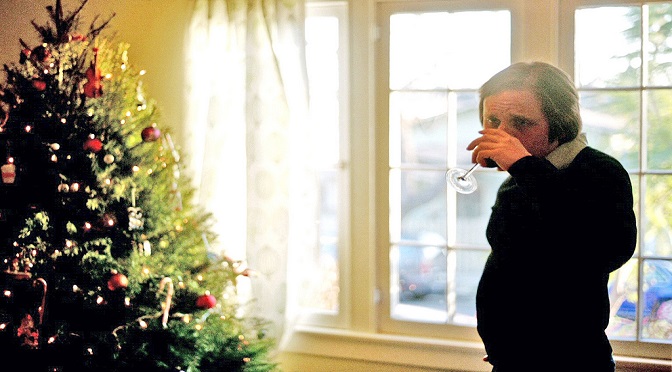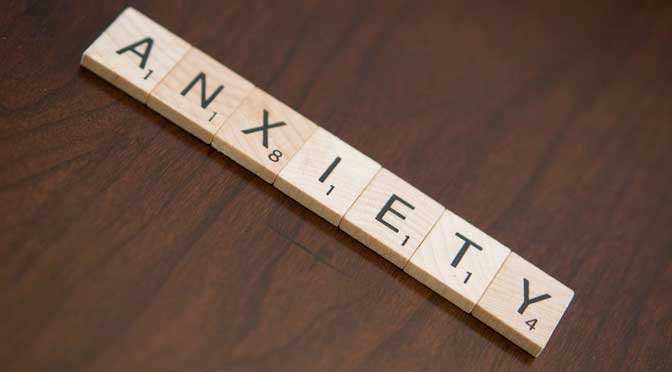ABUSE COUNSELING

“Am I in an abusive relationship?” is a question often asked in couple counseling. The answer is not that simple.
All relationships have the potential to become abusive. There may be times where one partner may feel they are taken for granted or they are being used by the other. Given enough stress, one partner might lash out physically or verbally at the other.
Signs of an abusive relationship
Control is one of the leading signs of an abusive relationship – when one partner consistently does something to control the behavior of the other. Control can be by means of physical force or emotional manipulation. An abusive pattern from their backgrounds often exists in one or both partners. Abusers have often been victims themselves.
Abuse ranges from undermining to sadistic hurtful behaviors. The abused usually experiences worthlessness rendering them unable to break free or so lacking in confidence which leads to total dependence.
Abuse often grows slowly, showing up as jealousy or insecurity. This can lead to the partner feeling needed and wanted – and ultimately dependent. Abuse grows into isolation and vulnerability of one partner with total control by the other partner. Abuse counseling can help.
How it feels to be in an abusive relationship:
- Physical violence, often accompanied by suicide threats
- Isolation which grows from being monopolized by the partner’s attention
- A steady distancing from one’s support network
- Jealousy and anger
- Controlling a partner’s access to friends and activities
- Unending criticism and hurtful put-downs
- Dismissive behaviors
Abusive relationships grow over time, with one partner losing self esteem as the other’s needs escalate. Abuse can be based on an intense need for affection and love, a deep-rooted fear of being abandoned, poor self-esteem, and/or drug or alcohol abuse.
Abusers often have uncontrollable anger, jealousy, a need for power and an inability to respect other people’s boundaries.
How we help
- Couples counseling can help assess whether a relationship is abusive.
- Individual counseling can help the abused partner to detach from either the partner’s behavior or from the relationship.
- Counseling can help restore self-esteem and explore healthy ways of relating.
We specialize in helping people out of the pattern of abuse and back into a healthy rhythm.
Take a first step toward being free from abuse and meet with one of our therapists. Our abuse counseling can help you identify how to move forward with your life. If you are ready, call AFC to schedule an appointment.


